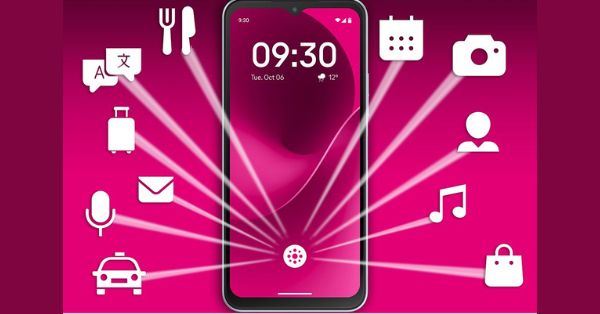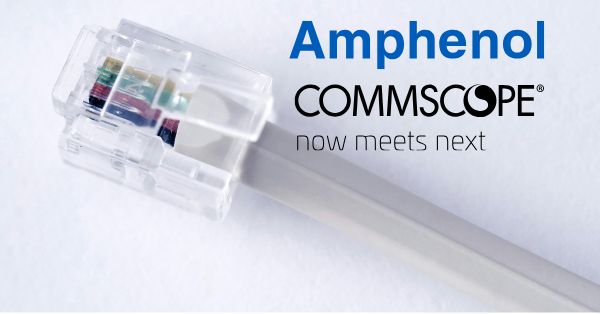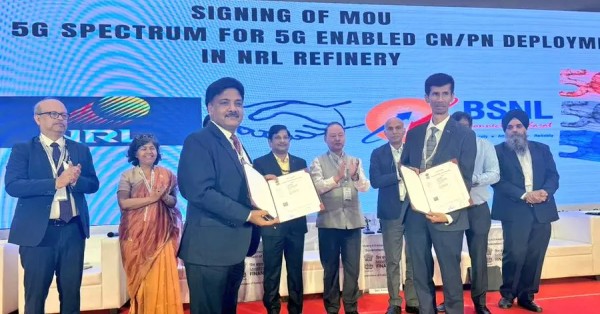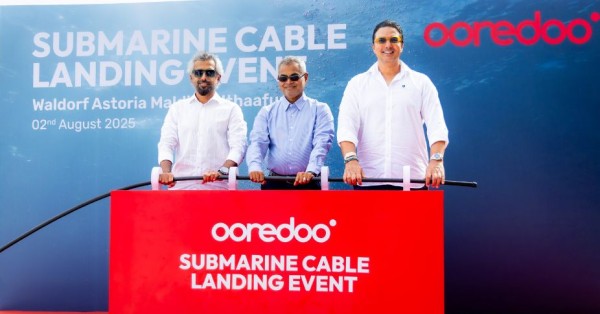Deutsche Telekom AI phone strategy: device and tariff bundles for mass-market AI
Deutsche Telekom is using hardware, pricing, and partnerships to make AI a mainstream feature set across mass-market smartphones and tablets.
T Phone 3 and T Tablet 2 launch with Perplexity AI
Deutsche Telekom introduced the T Phone 3 and T Tablet 2, branded as the AI-phone and AI-tablet, with Perplexity as the embedded assistant and a dedicated magenta button for instant access.
The assistant handles everyday tasks spanning search, planning, messaging, navigation, and media, and it ties into pre-installed apps to execute actions such as calendar entries, emails, calls, and restaurant bookings via OpenTable or rides with Uber.
The devices are available starting August 14, 2025 across Germany, Austria, Croatia, Czechia, Greece, Hungary, Montenegro, North Macedonia, Poland, and Slovakia, with market-specific pricing.
AI phone pricing and bundles to widen reach
In Germany, the AI-phone starts at 149 and the AI-tablet at 199, or one euro each when bundled with a tariff, positioning AI features at entry-level price points and shifting value to services and connectivity.
The bundle includes an 18-month Perplexity Pro subscription in addition to the embedded assistant, plus three months of Picsart Pro with monthly credits, which lowers the barrier to adopting AI-powered creation and search.
Why AI-capable smartphones matter now
Analyst forecasts point to rapid uptake of generative AI-capable smartphonesIDC expects 912 million units by 2028 and a 70% market sharewith demand driven by features like real-time translation, camera enhancements, and visual search highlighted by Kantar and underpinned by chipset progress noted by Canalys.
Deutsche Telekoms move aligns the operator with these trends, using first-party distribution and subsidy economics to mainstream AI at scale rather than leaving the category to premium OEMs.
AI experience: Perplexity assistant and deep app integrations
The proposition centers on one-tap AI that works across voice and text, on-screen content, and the camera viewfinder.
Magenta AI button and multimodal Perplexity support
A magenta hardware button or a double-press of the power key brings up the Perplexity Assistant, which accepts spoken or typed prompts and can respond based on web results, on-screen context, or what the camera sees.
Use cases span secretary-like tasks and summaries, live translation for menus or conversations, travel planning, fitness and nutrition guidance, shopping recommendations, tutoring support, and entertainment discovery.
Critically, the assistant triggers actions through integrated system apps, reducing app-hopping and making AI outputs immediately useful in messaging, navigation, calendar, and email workflows.
AI camera features, Picsart tools, and partner ecosystem
The camera stack adds modern AI features via a Picsart partnership, including avatar creation and background editing to remove unwanted objects or restage a selfie in different scenes.
Deutsche Telekom extends AI access beyond new hardware with Magenta AI in the MeinMagenta app, giving existing customers free entry points to Perplexitys answer engine and an upcoming Picsart-powered background editor, with further partners to follow.
This approach signals a platform mindset: combine an embedded assistant with a curated partner catalog to expand utility without overwhelming users with disjointed apps.
Hardware upgrades, sustainability, and AI roadmap
The devices aim to balance performance, usability, and circularity to appeal to mainstream buyers and enterprise fleets.
T Phone 3 and T Tablet 2 specs and AI performance
Both devices step up to faster chipsets and shorter charging times, emphasizing responsiveness for AI-assisted tasks and everyday use.
The T Tablet 2 employs TCL NXTPAPER for an eye-friendly display with three modesInk paper, Color paper, and Regularto support reading, studying, drawing, and work; a T-Pen stylus is sold separately.
A Pro version of the AI-phone is planned later in the year, which suggests headroom for premium tiers and upsell offers once the base is established.
Sustainability credentials and Eco Rating
The T Phone 3 carries Deutsche Telekoms #GreenMagenta label and scores 90/100 on the smartphone Eco Rating, while the T Tablet 2 features a back panel made of 75% post-consumer recycled plastic.
These signals matter for enterprises with ESG commitments and for operators seeking to differentiate beyond price as AI features become table stakes.
AI smartphone market trends and carrier implications
The launch reflects a broader shift where operators become distributors of AI experiences, not just connectivity.
Demand signals for mainstream AI smartphone adoption
With IDC projecting a majority share for AI-capable smartphones by 2028 and Canalys tying growth to chipset innovation, price-accessible hardware with bundled AI services is positioned to accelerate penetration in cost-sensitive markets.
Feature preferences from Kantarreal-time translation, camera enhancements, and visual searchmap closely to the AI-phones capabilities, indicating good product-market fit for European consumers.
Operator AI strategy and monetization playbook
Carriers are moving from proprietary assistants to curated partnerships, and Deutsche Telekoms Perplexity integration shows an alternative to big-tech-locked ecosystems.
The bundle economicshardware subsidy plus time-limited AI subscriptionsaim to drive adoption, but they introduce questions about post-trial monetization, recurring inference costs, and churn if value diminishes after 18 months.
Data governance, GDPR compliance, latency, and reliability will be critical, especially as multimodal queries and action-taking assistants raise the bar for transparency and safety.
Next steps for operators, enterprises, and partners
Enterprises, OEMs, and operators can use this moment to operationalize AI on devices while managing cost, control, and compliance.
For operators: AI bundles, pricing, and compliance
Develop a tiered AI service catalogue with clear post-trial paths, including family and SME plans, and instrument usage analytics to tune bundles by segment and country.
Negotiate inference-efficient models and caching strategies with AI partners to control cost of goods sold, and explore on-device/offload hybrids as chipsets evolve.
Harden privacy, consent flows, and audit trails for AI actions, and align with EU requirements; publish model provenance and data handling to build trust.
For enterprises and app partners: assistant-ready integrations
Experiment with assistant-initiated workflowsbookings, support, commercevia integrations like OpenTable and Uber, and prioritize APIs that are easy for assistants to call.
Adapt marketing and support content for conversational retrieval so AI assistants return compliant, up-to-date answers, and measure conversion lift from AI-driven journeys.
For device fleets, evaluate T Phone 3 and T Tablet 2 on TCO, sustainability scores, and employee productivity gains from embedded AI, and plan governance for AI-generated content.































